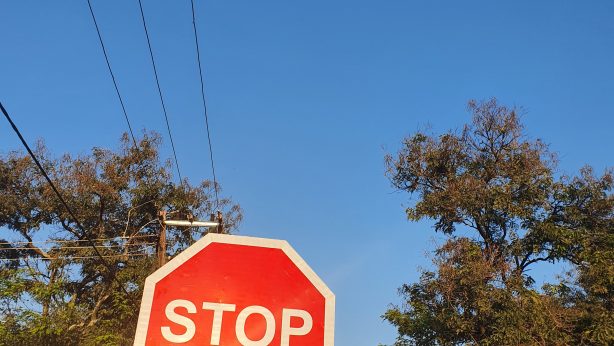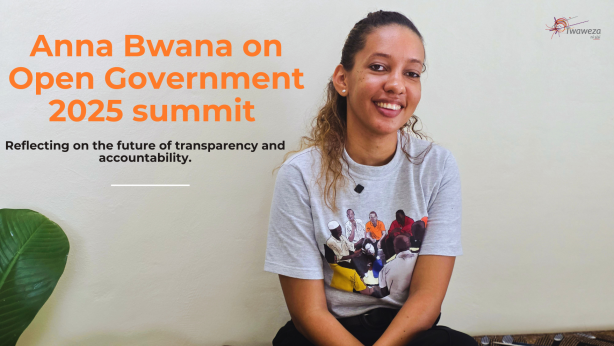#SautizaWananchi Could Reshape Laikipia Citizen-County Relations
In an era of eroded public trust and deepening economic stress, Twaweza East Africa’s recent engagements with Laikipia County’s leadership offer a powerful case study in how citizen voice and government responsiveness can converge to reshape democratic practice. The two forums, held in June, with the County Executive and the County Management Team (CMT), provided moments of democratic recalibration. At the centre of these dialogues were Sauti za Wananchi (SzW) insights and the Baseline Survey, tools that put the voices of ordinary citizens at the heart of policy conversations. Their messages were clear, even urgent: the cost of living is unbearable; education and health are non-negotiable priorities; and participation must shift from a ritual to a real influence.
A governor who is listening but knows he must do more: Governor Joshua Irungu’s openness to hearing from his constituents and his forthright acknowledgement of governance challenges were refreshing in a political culture often allergic to humility. In a candid reflection, the governor recalled the sting of electoral feedback after his first term: citizens trusted his leadership but not his team. His willingness to revisit these lessons now, midway through his second term, suggests a rare political maturity.
He emphasised how the eroded citizen trust in the government institutions has bled into county-level relationships, eroding faith in even well-intentioned reforms. “Handout culture,” he lamented, has become a barrier to authentic public participation. This is a structural problem, not a moral failing, a product of economic precarity and historical exclusions. But it’s also an opportunity. By anchoring participation in citizen priorities, rather than per diems, Laikipia can rebuild its legitimacy from the ground up.
Data that reveals and provokes: The findings from Sauti za Wananchi and the baseline survey were both sobering and constructive. The data revealed critical service delivery gaps, weak feedback loops between government and citizens, and persistent issues around transparency and trust. Yet beneath these numbers lay a deeper malaise: a democratic disconnect. Only one in three Laikipians had heard of public consultations; fewer understood county planning processes. Most felt their input was inconsequential.
These insights are indictments and an invitation. They call for a reimagining of the citizen–government contract. Encouragingly, county officials, both executive and technical, did not dismiss the data. Instead, they engaged with it rigorously, albeit sometimes defensively. Several requested disaggregated ward-level insights; others inquired about the methodology. This tension is not a threat but a strength. As behavioural economics reminds us, constructive friction often yields better outcomes than consensus without reflection.
The baseline survey, presented to the CMT team, signalled a deeper shift. This was not just about evidence, but ownership. This shift is critical. As Elinor Ostrom’s work on commons governance teaches us, lasting institutional reform emerges not from top-down mandates but from iterative, locally informed practices. By facilitating these conversations and building capacity from the grassroots, as Twaweza has done through its work with Mashinani Development Committees and Ward Public Participation Committees, we are fostering democratic resilience.
The momentum built through these conversations offers an opportunity, not just for Laikipia but for counties across Kenya, to reimagine what genuine citizen participation can look like in practice.
The Road Ahead:
The upcoming subnational launch of the Laikipia SzW findings on July 10 in Nanyuki marks a culmination and a beginning. Under the theme “Residents of Laikipia Speak: Citizen Views on Economics, Democracy, and Engagement,” this convening promises to bring together county officials, civil society leaders, residents, and community organisers in a multi-stakeholder forum. But more importantly, it offers a live laboratory for participatory governance. Institutions change when incentives align. If electoral calculus drives leaders to listen more closely and act more responsively, we should not dismiss that as opportunism. We should harness it.
The question before all of us, including Twaweza, Laikipia officials, citizens, and civil society, is this: can we move from diagnosis to remedy? Can citizen feedback become the engine of public service renewal, not just a checkbox for compliance? At Twaweza, the answer lies in sustained collaboration, grounded evidence, and shared accountability. The work in Laikipia is far from done, but we are witnessing something rare: a county willing to listen, reflect, and, we hope, respond.
And that, in a time of national disillusionment, is no small thing.
This post was written by Filbert Mbugua, Consultant, Advocacy and Engagement, Twaweza Kenya.


